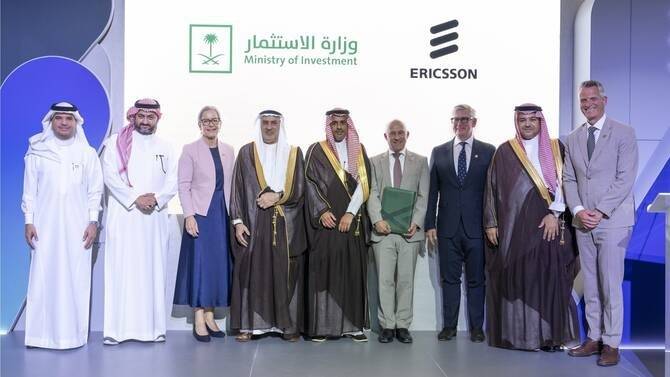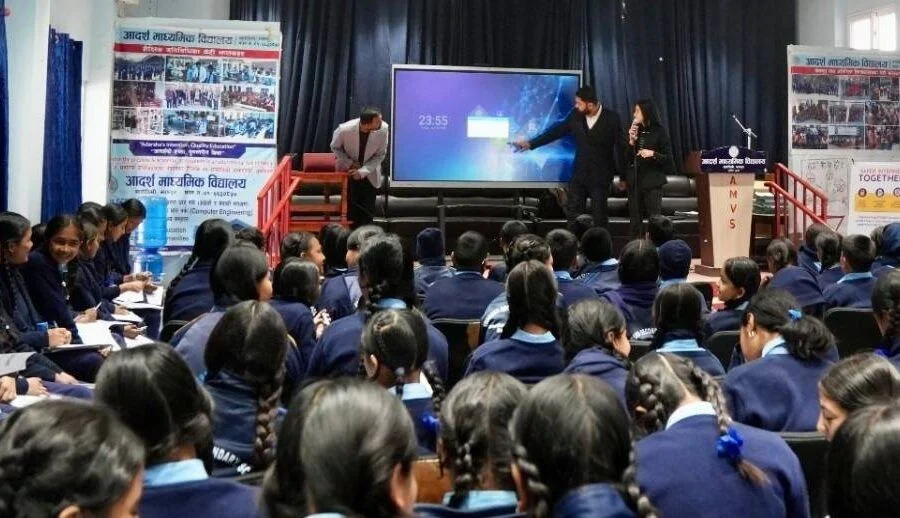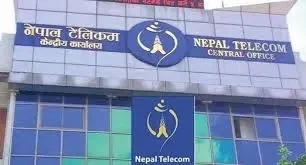RIYADH — Swedish telecommunications giant Ericsson is deepening its collaboration with Saudi universities and expanding graduate hiring and internship programs as part of its strategy to strengthen its regional presence. Patrick Johansson, Ericsson’s President and Head of Market Area Europe, Middle East and Africa, shared these plans during the inauguration of the company’s new regional headquarters in Riyadh.
The office opening was attended by key officials including Haytham Al-Ohali, Vice Minister at the Ministry of Communications and Information Technology; Abdullah Al-Dubaikhi, Assistant Minister at the Ministry of Investment; and Petra Menander, Swedish Ambassador to Saudi Arabia.
Ericsson’s expansion aligns with Saudi Arabia’s Regional Headquarters Program, which encourages multinational firms to establish MENA bases in the Kingdom by offering tax incentives, regulatory support, and preferential government contracts. Notable companies such as PepsiCo, Siemens, and Unilever have already set up offices in Riyadh, supporting Vision 2030’s ambition to position Saudi Arabia as a regional innovation hub.
Johansson emphasized Ericsson’s long-term commitment to developing local talent, noting that university collaboration and graduate training programs have been foundational since the company’s early presence in the Kingdom. “Now we’re expanding that even greater while having the regional headquarters here, so it is about bringing even broader numbers of students doing internships,” he said.
Since 2018, Ericsson’s Gen-E graduate program at the 5G Innovation Hub in Riyadh has trained over 190 Saudi graduates from both local and international universities, with gender parity at 50 percent female participation. The program offers technical workshops and hands-on training in Ericsson’s tools and methodologies, led by company experts and Saudi leadership. It has contributed to advancements in 5G and Internet of Things applications including robotics, edge computing, and mixed reality, aligning with Saudi Arabia’s digital transformation goals.
Ericsson’s partnerships with major Saudi telecom operators, notably stc and Mobily, remain central to its operations. Johansson described the decision to base the regional headquarters in Saudi Arabia as straightforward, citing the country’s rapid digital evolution under Vision 2030 as fertile ground for innovation and cross-sector collaboration.
Beyond connectivity, Ericsson is introducing initiatives like the Connected Recycling platform, launched with stc’s IoT subsidiary in February, which uses digital tools to enhance recycling efficiency and environmental impact.
Looking forward, Johansson highlighted the importance of ecosystem-driven progress: “We put the foundation here by opening our real headquarters, but then it’s what we do and achieve together … because it is all about the ecosystem.”
The inauguration event also featured discussions on the evolution of network technologies, the roadmap toward sixth-generation connectivity, and the role of Vision 2030 in guiding long-term innovation strategies.















